
- Issue 14
- January 2024
The Forecast
Monocle’s handbook for the year to come – and why there’s lots to look forward to.
+ Our annual guide to the world’s best small cities – for business, nature and being happy.
In This Issue
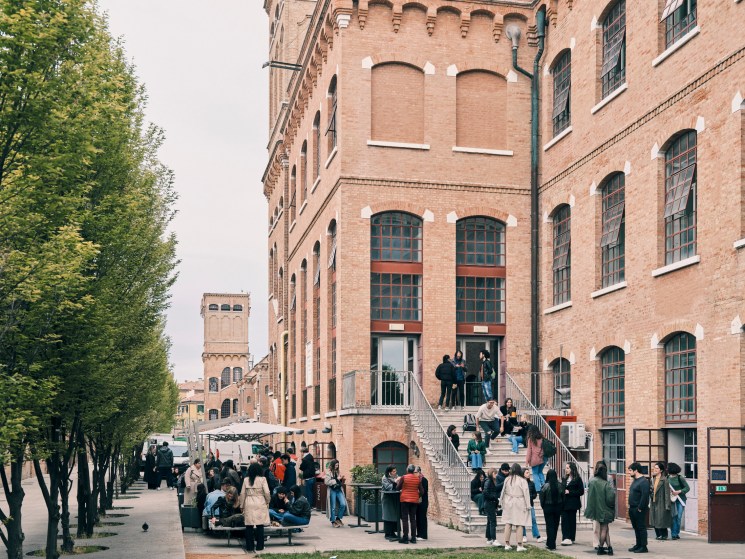
- 14 | The Forecast
- 12 min read
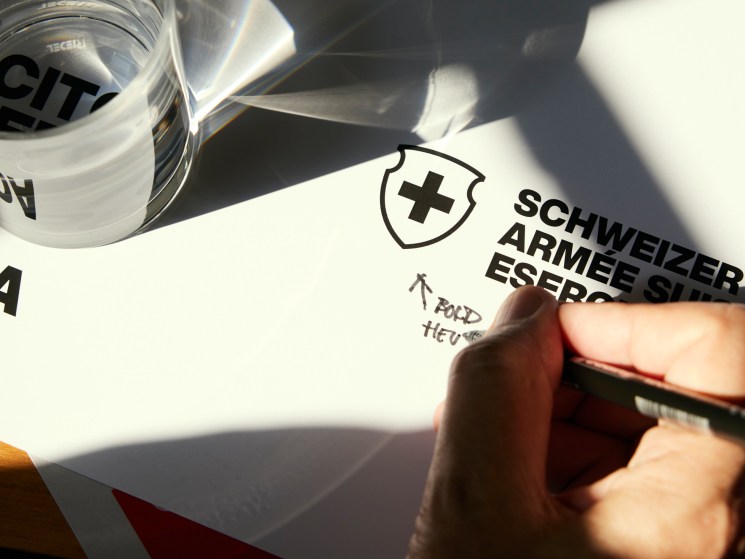
- 14 | The Forecast
- 6 min read
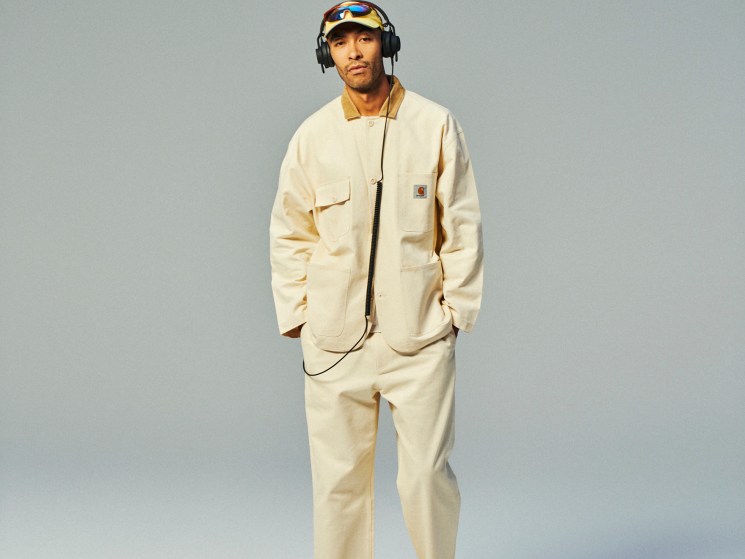
- 14 | The Forecast
- 5 min read

- 14 | The Forecast
- 9 min read
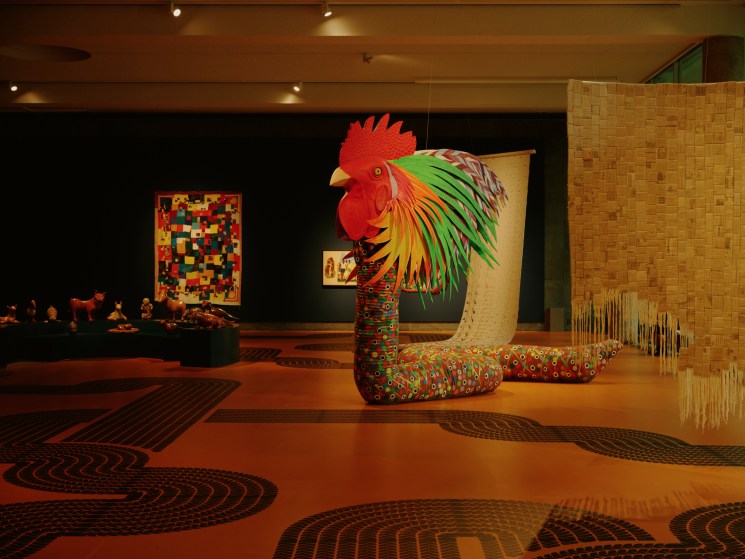
- 14 | The Forecast
- 5 min read
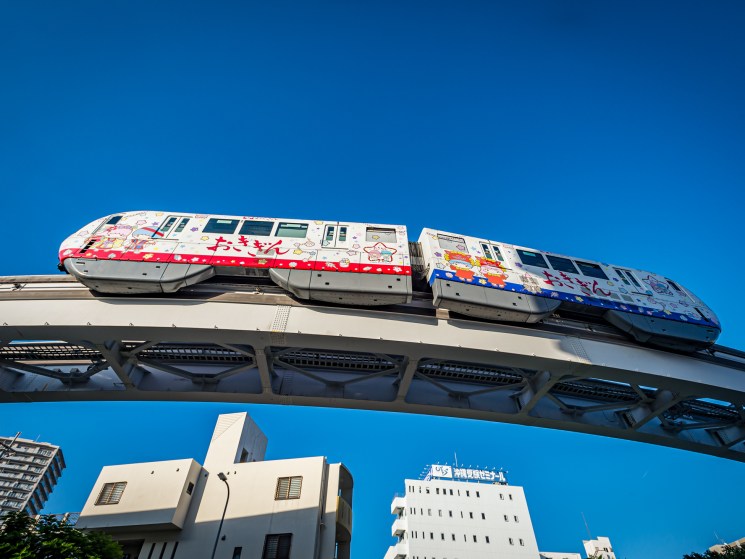
- 14 | The Forecast
- 29 min read

- 14 | The Forecast
- 14 min read
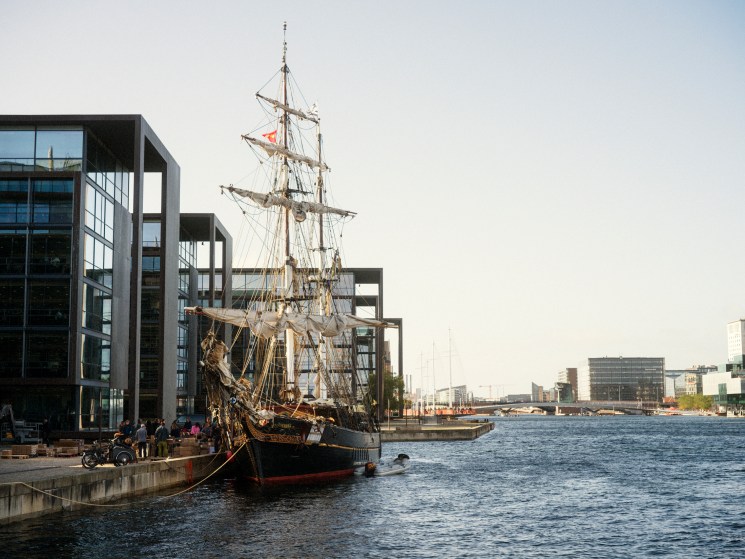
- 14 | The Forecast
- 12 min read
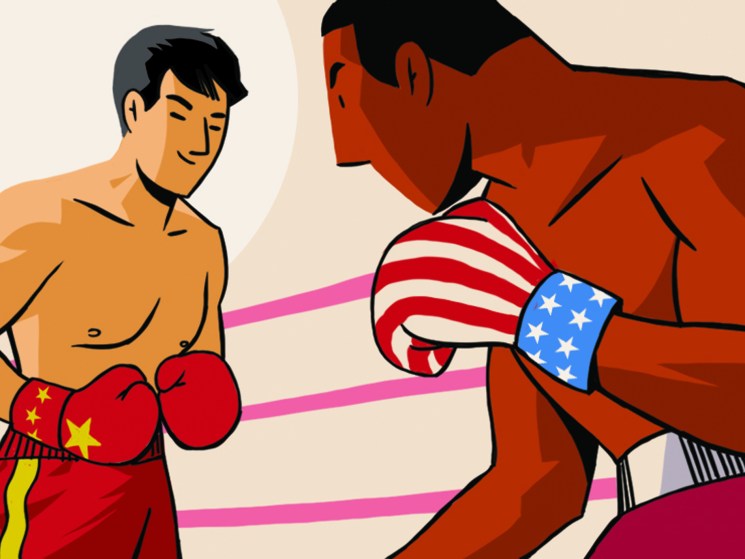
- 14 | The Forecast
- 16 min read

- 14 | The Forecast
- 8 min read
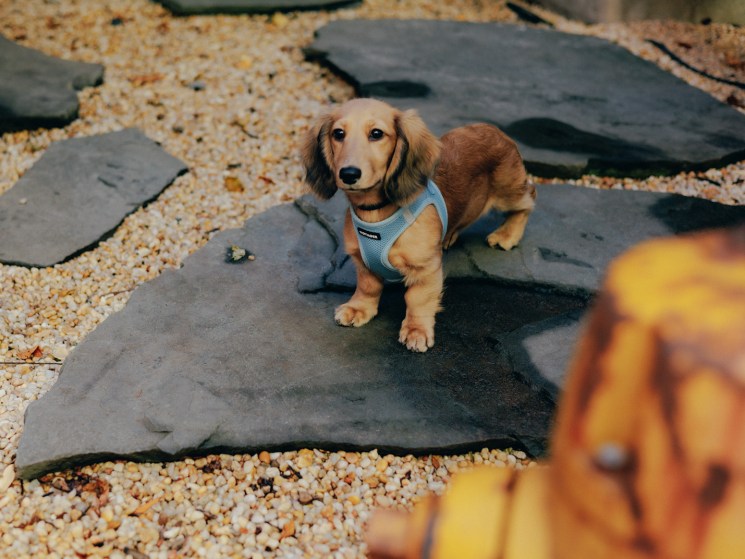
- 14 | The Forecast
- 27 min read


